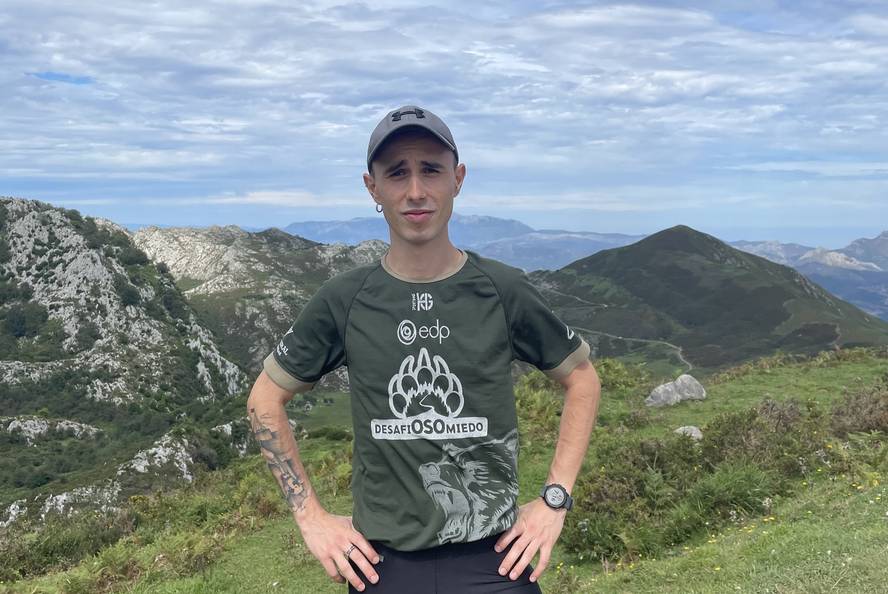"The PhD doesn't mean you have values automatically."
Unai Arrangi León has interviewed from Milan. In fact, he studied the Dual Degree in Physics and Electronic Engineering at the UPV/EHU in Leioa and then completed the Erasmus Mundus Master in Microwave and Optical Electronics at the universities of Limoges (France), Brescia (Italy) and the Basque Country. "Although I was very much linked to Euskal Herria, as I liked the issues very much, I encouraged myself to embark on this adventure. Thanks to the Master, 16 people from 13 different countries have been in the same group from one country to another, and in Brescia I met my current professor, Milan itself. That's how I got the opportunity to do a Ph.D. in Milan," explains Arrangi.
The members of the master's degree spoke many languages, but among them English predominated. However, Arrangi has recognized that Euskera is part of his personality and has always explained to him that he had undergone the double degree in Euskera. "This surprises them a lot and attracts them a lot of interest. They ask me, for example, where I draw the references from, and when I've seen the notes, they told me that it looks German." Although Milan works in English, it has determined that they also speak Italian, so it has also learned a bit of Italian. "In any case, the Basque is very present."
Regardless of language, he considered that the academic training received at the UPV/EHU was very good. Now she studies in nonlinear optics, in applied physics, but she recognizes that when she started studying physics, it was not her goal. "I wanted to be a meteorologist. He talked to men of time, made predictions of his own from very young ... In my career, I met other fields of physics, and I saw that I really liked electromagnetism, and I've already started making the path that has brought me here."
Discriminated against and yet privileged
Although language and level of education have not been hindered, not everything has been easy, as it has had to withstand homophobic attitudes and comments: "Not in the workplace, but in the environment. When I arrived, as a member of the LGTBI community, I was very happy when I saw the rainbow sticker in an old wardrobe. I know that doesn't make it all pink, but I felt among friends. Then I had to listen to homophobic comments and so on. By the mouth of some researchers, and I had a really bad time."
It was a very hard season, but with the reflection and help of the teachers and their closest friends, it is getting over. Sport (“I’ve become a great corridor”), music and such hobbies have helped him a lot and also recommended a book: Psychologist Gabriel Martín wrote “Maitatu asko zure, marikoi” (Quiérete a lot, maricón).
It is clear that, in addition to developing its own tools, it is important that the system has protocols and resources to avoid situations and offer solutions if they occur. And he stresses that being a doctor does not make you a good person: "In English, the title of doctor is called Doctor of Philosophy, that is, it relates to certain values. But the PhD doesn't mean you have those values automatically, you have to work them out. And people forget that."
In this sense, Arrangi would like to do his bit so that others do not have to live the situations he has experienced. "And that, being a white, cis and non-indigenous man."
He becomes aware, therefore, of his privileges to a certain extent, and the same occurs in research: "After the summer I go to Berlin, to the Fritz Haber Institute, to make a stay in the field of nanophotonics. I'm really excited, and it has to be said that we're lucky: we choose what to investigate, who, where ... We don't lack the reasons to complain, because we have a very precarious life, but we have to recognize, to some extent, that we are privileged." The dialogue has ended with words that express hope for the future.






